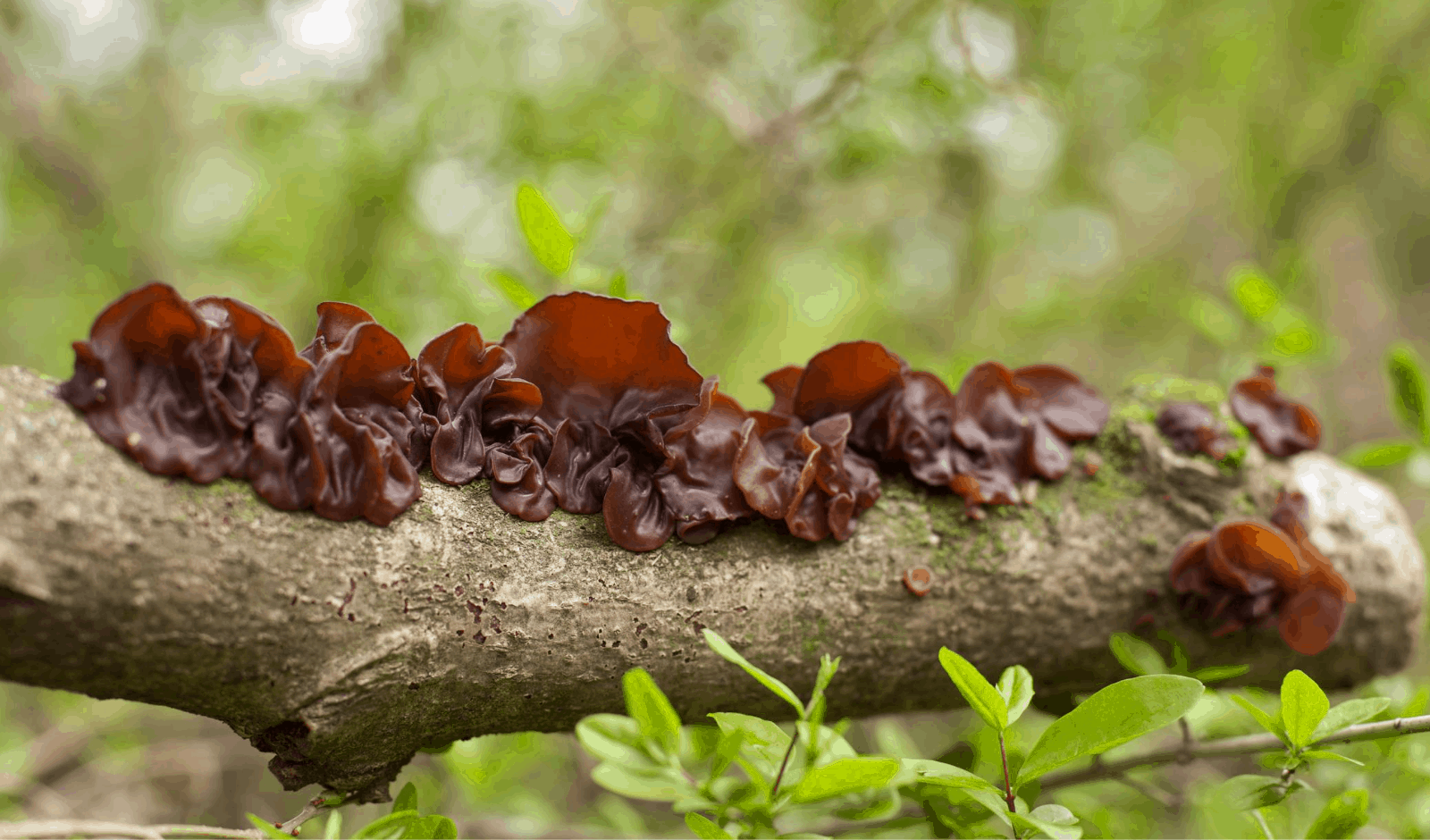Most people think of mushrooms as those spongy beige and white vegetables in the produce aisle but the fact is, mushrooms aren't a vegetable at all. The USDA considers them a specialty crop, but they're not a fruit or a plant either. Rather, they're fantastic fungi with many extraordinary health benefits.
Mushrooms are fat-free, cholesterol-free, gluten-free, and have extremely low levels of carbs, calories, and sodium. They're also high in more than a dozen vitamins and minerals, plus rich in antioxidants, all of which are integral to a strong immune system and overall good health.
For centuries, traditional Chinese medicine has been using a wide variety of mushrooms for their curative properties, but only in more recent years have Western cultures awakened to the healing power of edible mushrooms.
Read on to learn more about the nutritional value of mushrooms and why it's more important than ever to make these fleshy fungi part of your daily life.
Vitamins, Minerals and Anti-Oxidants
Mushrooms pack a punch when it comes to vitamins and minerals including zinc, magnesium, copper, potassium, selenium, phosphorous, and a number of B vitamins and antioxidants. They are also a fairly good source of fiber. While white button mushrooms are by far the most commonly consumed, it's a good idea to eat different types of mushrooms since nutritional value fluctuates depending on the variety.B Vitamins in Mushrooms
Mushrooms are rich in B vitamins that directly impact energy levels, brain function, and cell health, thus playing an important role in proper immune function and well-being. Thiamine (B1) and riboflavin (B2) allow the body to use carbohydrates as energy. Niacin (B3) is good for the digestive system while pantothenic acid (B5) is an essential nutrient for the nervous system. Folate (B9) assists in forming red blood cells and cobalamin (B12) helps make DNA and promotes healthy body cells. As it turns out, mushrooms are one of the few naturally occurring non-animal dietary sources of B12. This is especially true with dried shiitake mushrooms — researchers have discovered that this variety along with black trumpet mushrooms, golden chanterelle mushrooms, and lion's mane mushrooms have considerably high amounts of B12. What's more, many of the vitamins and minerals in mushrooms are antioxidants (selenium, for example) that fight off cell-damaging free radicals. This is significant since too many free radicals in the body can lead to oxidative stress, which has been linked to an increased risk of stroke and chronic diseases such as cancer, heart disease, and Alzheimer’s among others.Vitamin D in Mushrooms
Mushrooms are said to be the only vegetarian food that can make vitamin D. Unlike plants, mushrooms don't have chlorophyll and don't need sunlight to grow. However, when mushrooms are exposed to UV rays either through natural or artificial sunlight, they have higher amounts of vitamin D, specifically D2. Some commercial mushroom growers now offer mushrooms with UV light-induced vitamin D, but wild mushrooms such as chanterelles and morels are higher in vitamin D because they are grown and harvested with natural sun exposure. While the "sunshine vitamin" has always been associated with strong bones, recent developments show that vitamin D in mushrooms can also inhibit the production of cancer cells by helping regulate cell growth.Antioxidants in Mushrooms
Much has been made about the antioxidants in mushrooms and for good reason. All mushrooms offer a host of nutrients, but antioxidant levels vary depending on the variety. Button and portobello mushrooms have the lowest amounts of antioxidants whereas wild mushrooms including shiitake, maitake, and oyster mushrooms boast higher amounts. A recent study shows that mushrooms, particularly porcinis, are powerhouses for a pair of antioxidant amino acids known as ergothioneine and glutathione. Together, they lower inflammation in the body and fight off free radicals associated with many detrimental health conditions. The scientists who led the study concluded that no other food even comes close to mushrooms as a dietary source of these antioxidants.Protein In Mushrooms
Mushrooms don't have as much protein as meat or fish, but they do have a comparable (and sometimes better) amount than many common vegetables.- Sliced button mushrooms = 2.97 grams per cup
- Asparagus = 2.90 grams per cup
- Avocado (medium) = 2.67 grams each
- Arugula = 2.57 grams per cup
- Chopped cauliflower = 2.05 grams per cup
- Okra = 1.93 grams per cup
- Broccoli rabe = 1.27 grams per cup



